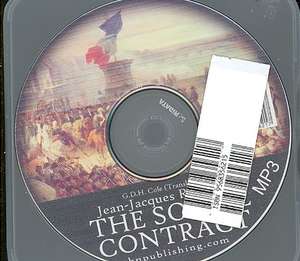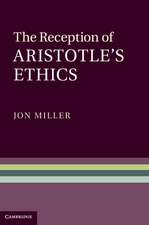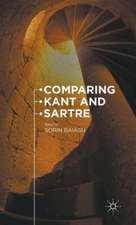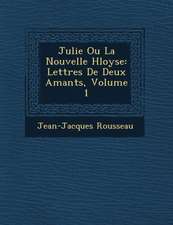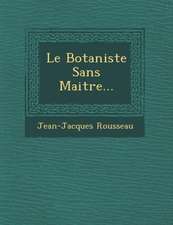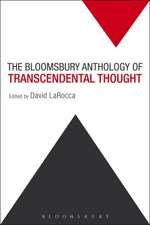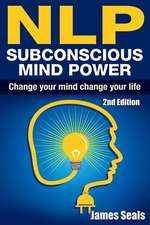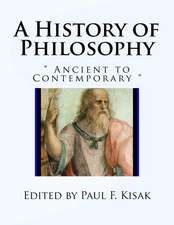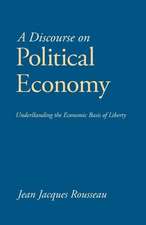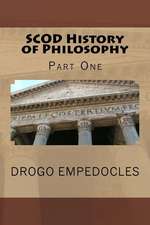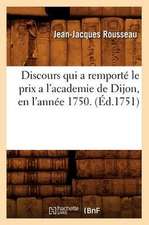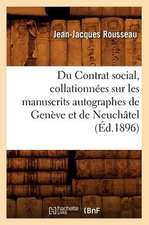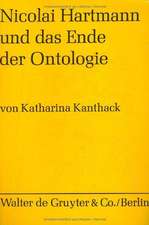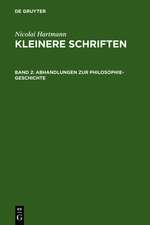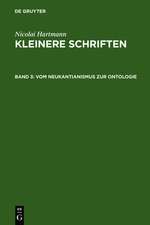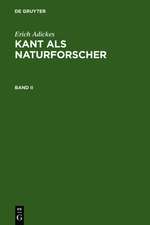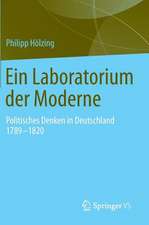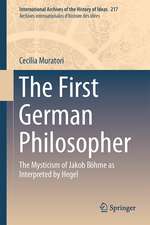The Social Contract
Autor Jean Jacques Rousseauen Limba Engleză Paperback – 24 sep 2007
| Toate formatele și edițiile | Preț | Express |
|---|---|---|
| Paperback (5) | 45.93 lei 22-36 zile | |
| CREATESPACE – 31 aug 2010 | 45.93 lei 22-36 zile | |
| www.bnpublishing.com – 24 sep 2007 | 55.20 lei 22-36 zile | |
| Aziloth Books – 9 mai 2011 | 57.42 lei 43-57 zile | |
| COSIMO CLASSICS – 30 noi 2008 | 102.49 lei 43-57 zile | |
| Theophania Publishing – | 111.31 lei 43-57 zile | |
| Hardback (1) | 167.08 lei 43-57 zile | |
| COSIMO CLASSICS – 30 noi 2008 | 167.08 lei 43-57 zile |
Preț: 55.20 lei
Nou
Puncte Express: 83
Preț estimativ în valută:
10.56€ • 11.06$ • 8.79£
10.56€ • 11.06$ • 8.79£
Carte disponibilă
Livrare economică 10-24 martie
Preluare comenzi: 021 569.72.76
Specificații
ISBN-13: 9789568356217
ISBN-10: 9568356215
Pagini: 112
Dimensiuni: 158 x 235 x 6 mm
Greutate: 0.17 kg
Ediția:MP3
Editura: www.bnpublishing.com
Locul publicării:Chile
ISBN-10: 9568356215
Pagini: 112
Dimensiuni: 158 x 235 x 6 mm
Greutate: 0.17 kg
Ediția:MP3
Editura: www.bnpublishing.com
Locul publicării:Chile
Descriere
This volume brings together three of Rousseau's most important political writings--The Social Contract and The First Discourse (Discourse on the Sciences and Arts) and The Second Discourse (Discourse on the Origin and Foundations of Inequality)--and presents essays by major scholars that shed light on these texts.
Notă biografică
Jean-Jacques Rousseau (28 June 1712 - 2 July 1778) was a Genevan philosopher, writer and composer. His political philosophy influenced the progress of the Enlightenment throughout Europe, as well as aspects of the French Revolution and the development of modern political, economic and educational thought.
His Discourse on Inequality and The Social Contract are cornerstones in modern political and social thought. Rousseau's sentimental novel Julie, or the New Heloise (1761) was important to the development of preromanticism and romanticism in fiction.[2][3] His Emile, or On Education (1762) is an educational treatise on the place of the individual in society. Rousseau's autobiographical writings-the posthumously published Confessions (composed in 1769), which initiated the modern autobiography, and the unfinished Reveries of a Solitary Walker (composed 1776-1778)-exemplified the late-18th-century "Age of Sensibility", and featured an increased focus on subjectivity and introspection that later characterized modern writing.
Rousseau befriended fellow philosophy writer Denis Diderot in 1742, and would later write about Diderot's romantic troubles in his Confessions. During the period of the French Revolution, Rousseau was the most popular of the philosophers among members of the Jacobin Club. He was interred as a national hero in the Panthéon in Paris, in 1794, 16 years after his death.
Rousseau was born in Geneva, which was at the time a city-state and a Protestant associate of the Swiss Confederacy. Since 1536, Geneva had been a Huguenot republic and the seat of Calvinism. Five generations before Rousseau, his ancestor Didier, a bookseller who may have published Protestant tracts, had escaped persecution from French Catholics by fleeing to Geneva in 1549, where he became a wine merchant
